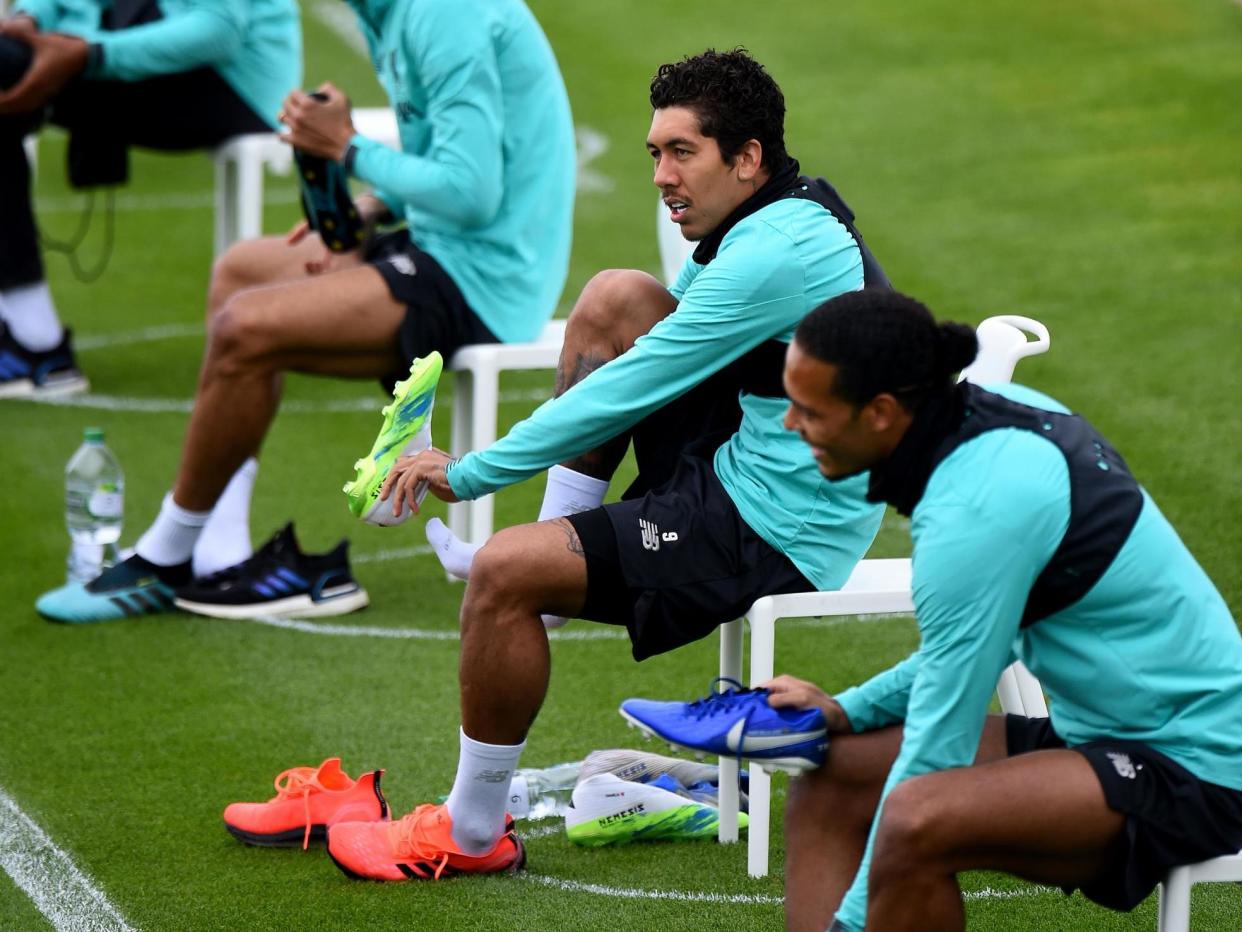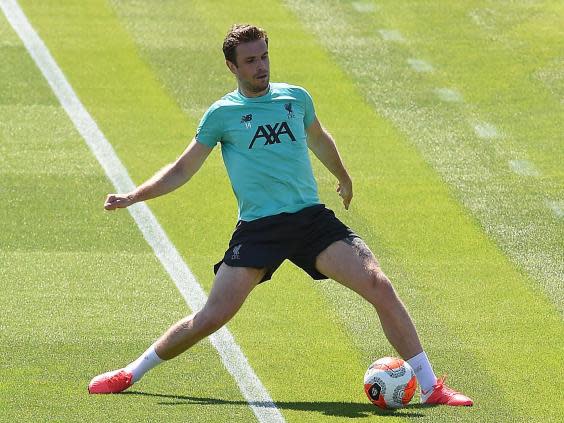How the Premier League plotted a course through the pandemic

By the time the Premier League clubs came to vote on a return to actual football, it felt like the most natural decision possible for everyone. That, of course, marked quite a change from as little as two weeks ago.
“It’s amazing how all the obstacles and criticisms have so quickly melted away,” one source said, “given how vociferous it was”.
Some of those arguments now seem overblown. Some, like the concerns of Troy Deeney and N’Golo Kante, deserved the deepest consideration.
That is actually what has happened, though.
For all the speed with which this situation has changed, the process has been gradual, and often painstaking.
New chief executive Richard Masters deserves credit for so far navigating the Premier League through the greatest challenge it has ever faced, all the more so given he has just started the job and that he spent the first part of lockdown on compassionate leave. The government-enforced decisions on leagues like Netherlands and France now seem knee-jerk in comparison.
There were two absolutely key developments that did greatly aid this process, and one was admittedly outside England.
The latter was the decision that many said at the time could be one of the most important in the sport's history , and that one figure said could make Angela Merkel “the saviour of football”: the Bundesliga’s return. The German competition’s successful restart, and safe continuation, was crucial from a psychological perspective.
Just seeing football again helped changed minds. It showed what could be done. The Premier League took examples from this, while the European Leagues body are said to have been influential in helping competitions share ideas and information.
That also emphasised how a lot of the concerns were understandably inevitable purely from how unprecedented this crisis was, and how any change thereafter felt like such a massive risk. There was a mental block, that the Bundesliga helped people get over.
There were more recognisable concerns to go with this, that came down to old-fashioned politics and core football integrity. The bottom clubs - at one point mockingly described as ‘Project Sabotage’ - wondered about the fairness of getting relegated in greatly changed circumstances. Some pushed for conditions that they were told were impossible, like the removal of relegation. The suspicion from others was they were trying to get the season curtailed.
This impasse was obliterated by the Football Association at the start of the meeting on 11 May. That was when it was announced, just after everyone had logged in to the videoconference, was that the season must be decided by sporting merit.
That meant either the games would be played, or a points-per-game formula would be used. Either way, three teams were going down.

Many sources say this was “massive” and is almost under-appreciated in its importance. It immediately curtailed many of the politics, rather than the season, because it was suddenly in the interests of the three bottom clubs to play no matter what.
“All of the politicking forced the FA’s hand,” one figure involved in the discussions said.
One other figure who had previously been one of the loudest voices, meanwhile, is said to have gone very quiet immediately after that.
These were the two big developments that led to this one big decision going so smoothly.
It hasn’t yet resolved everything. The issue of what stadiums are being used is next to be sorted. Nor did those two developments solve everything even before Thursday. The players, who had for a long time felt unfairly sidelined from discussions, had to be greatly reassured about their safety.
The Premier League is said to have been very impressive here when it finally came around to it. The extent of the research and the science successfully persuaded the captains and managers, including Deeney. Again, Germany helped.
It was also felt the presentations were transparent and honest, right down to how it was made clear that the idea is to minimise risk wherever possible - not to eliminate entirely, which is impossible.
That is also why there are still unknowns to this. It could yet go wrong, especially amid the wider questions over whether the UK is lifting lockdown too quickly and too early. We may well see another spike before football can even return.
Even that, however, raises an important point that has been key to this entire debate from the start.
The wider national health crisis is totally separate from the ability to run an industry - any industry - safely.

They were conflated too many times throughout this debate, even if it was understandable on an emotional level. The early Premier League videoconferences were regularly punctuated by executives fairly maintaining that it was unconscionable for football to be played while so many people were dying. It was just wrong.
And that was the right response. But it is also a necessarily finite response. Such crises, after all, start to have other destructive effects.
Football and its clubs were one of many industries under threat. And for all the understandable emotion, it pointed to a necessary reality, and essential pragmatism.
If an industry can proceed in a safe environment, to the satisfaction of the workers, then why shouldn’t it get going?
That has an importance beyond normalisation or “public morale”. It does mean jobs, and general societal welfare.
That is also what the Premier League have successfully argued. They have illustrated this is a safe environment, to the satisfaction of its workers - the players and managers.
It is set to make quite a change in another way. We could go from a total absence of football to, well, total football in another way. Those are the broadcasting plans. The hope is it feels all so natural again.
Read more
Premier League clubs agree to restart season
Every Premier League game to be shown on TV when season resumes
Everything you need to know about the Premier League season restart
Four Premier League players and staff test positive for coronavirus


